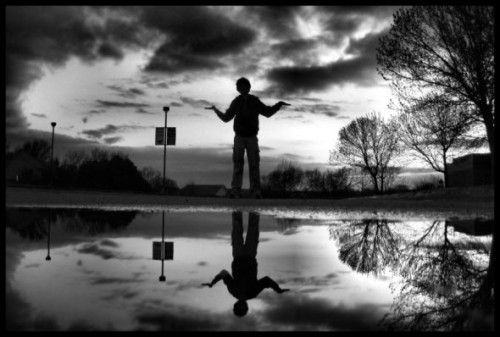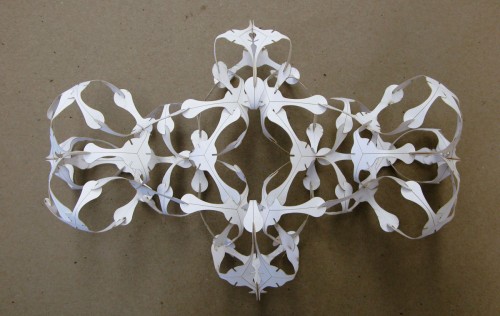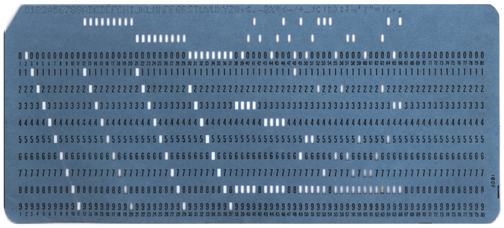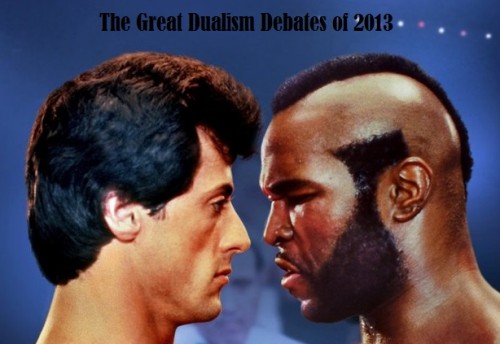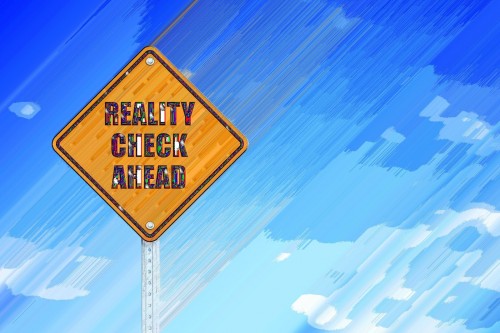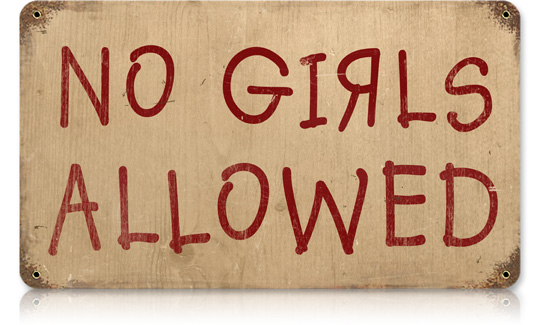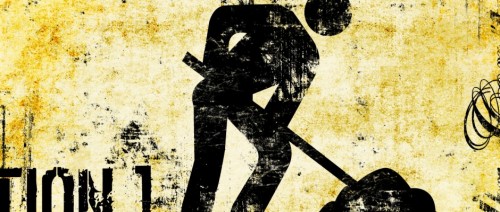 Digital dualism is pervasive, and the understandings that it informs—of ourselves, of our experiences, and of our very world—are a mess. Perhaps this can be chalked up to the fact that digital dualism arises from varying sets of flawed assumptions, and was never purposefully assembled as such by the people who embrace it. But guess what? As theorists, we have the opportunity not only to build new frameworks for understanding, but also to assemble those frameworks with both consciousness and intentionality. So with that in mind, what should a theory of augmented reality look like? What would we do differently from digital dualists?
Digital dualism is pervasive, and the understandings that it informs—of ourselves, of our experiences, and of our very world—are a mess. Perhaps this can be chalked up to the fact that digital dualism arises from varying sets of flawed assumptions, and was never purposefully assembled as such by the people who embrace it. But guess what? As theorists, we have the opportunity not only to build new frameworks for understanding, but also to assemble those frameworks with both consciousness and intentionality. So with that in mind, what should a theory of augmented reality look like? What would we do differently from digital dualists?
It is of paramount importance that theories of augmented reality acknowledge complexities and differences—whether between materials, media, degrees of access, or subjective experiences—without falling into dualisms. more...


